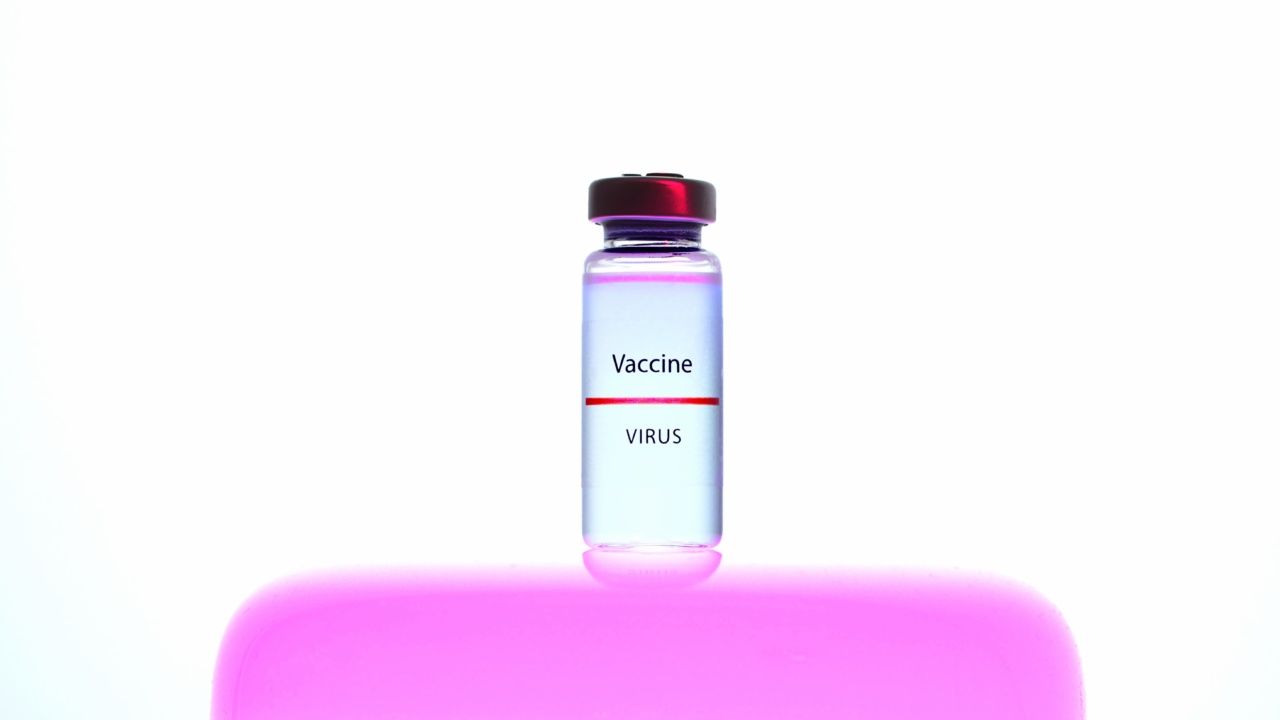Immunity is the defense mechanism of our body that helps us fight off infections and diseases. A strong immune system not only protects us from common infections but also prevents chronic illnesses like cancer, multiple sclerosis, and arthritis.
A weak immune system, on the other hand, leads to frequent infections and an increased risk of diseases.
While many factors like genetics, age, and environment can influence our immunity, maintaining a healthy lifestyle and eating habits can help boost our immune system.
In this article, we will discuss some effective ways to bolster our immunity and stay healthy.
1. Eat a Balanced Diet
A diet rich in antioxidants, vitamins, and minerals can help strengthen our immune system.
Foods like fruits, vegetables, lean proteins, and whole grains are nutrient-dense and can provide us with the necessary vitamins and minerals to boost our immunity.
Vitamin C is a powerful antioxidant that can protect our cells from damage caused by free radicals. Citrus fruits, berries, kiwi, mango, papaya, and broccoli are excellent sources of Vitamin C.
Vitamin E is another antioxidant that can protect our cells from oxidative damage. Foods like nuts, seeds, vegetable oils, and green leafy vegetables are rich sources of Vitamin E.
Vitamin D is essential for normal immune function. It helps activate immune cells like T and B cells that fight off infection. Foods like fatty fish, egg yolks, and fortified dairy products can provide us with Vitamin D.
2. Exercise Regularly
Exercise has multiple health benefits, including boosting our immunity. Exercise can enhance blood circulation, reduce stress, and improve sleep quality, all of which can help strengthen our immunity.
Regular exercise can also increase the production of antibodies and white blood cells that fight off infections.
Studies have shown that moderate-intensity exercise like brisk walking, jogging, cycling, or swimming for at least 30 minutes a day can improve immunity.
3. Get Enough Sleep
Sleep is essential for maintaining a healthy immune system. During sleep, our body produces cytokines, proteins that help fight off infections and inflammation.
Sleep deprivation can reduce the production of cytokines and weaken our immune system, making us prone to infections.
Aim to get at least 7-8 hours of sleep every night to boost your immunity. Avoid caffeine, alcohol, and nicotine before bedtime, as they can interfere with your sleep.
Stick to a regular sleep schedule and avoid using electronic devices before bedtime to improve sleep quality.
4. Manage Stress
Chronic stress can weaken our immune system and increase the risk of infections and diseases. Stress triggers the production of the hormone cortisol, which, in excess, can suppress our immunity.
Stress can also lead to unhealthy behaviors like smoking, drinking, and overeating, which can further weaken our immune system.
To manage stress, try relaxation techniques like deep breathing, meditation, or yoga. Regular exercise, social support, and a healthy diet can also help reduce stress levels.
5. Stay Hydrated
Drinking enough fluids is essential for keeping our body hydrated and flushing out toxins. Water is necessary for transporting nutrients to our cells, regulating body temperature, and maintaining the balance of electrolytes in our body.
Aim to drink at least 8-10 glasses of water every day to stay hydrated. You can also opt for other fluids like herbal tea, coconut water, or fresh fruit juice to increase your fluid intake.
6. Quit Smoking
Smoking can damage our immune system and increase the risk of infections and cancers. Smoking increases the production of mucus in our respiratory tract, making it more prone to infections.
Smoking can also impair the function of immune cells, reducing their ability to fight off infections.
If you smoke, consider quitting smoking to improve your immune system and overall health. Seek professional help if required, as quitting smoking can be challenging for some individuals.
7. Limit Alcohol Intake
Excessive alcohol intake can weaken our immune system and increase the risk of infections. Alcohol can suppress the production of white blood cells that fight off infections and impair the function of immune cells.
Alcohol can also disrupt the gut microbiome, increasing the risk of infections like pneumonia and sepsis.
Avoid binge drinking and limit your alcohol intake to one drink per day for women and two drinks per day for men to protect your immune system.
8. Get Vaccinated
Getting vaccinated is an effective way to boost your immune system and prevent infections. Vaccines stimulate the production of antibodies in our body that can fight off infections.
Vaccines can protect us from several infectious diseases like flu, measles, mumps, rubella, and hepatitis.
Consult your healthcare provider to know which vaccines are recommended for you based on your age, health status, and vaccination history.
9. Practice Good Hygiene
Practicing good hygiene can prevent the spread of infections and protect your immune system.
Wash your hands frequently with soap and water for at least 20 seconds, especially after using the washroom, before eating or preparing food, and after coughing or sneezing.
Avoid close contact with sick individuals and cover your mouth and nose with a tissue or your elbow when you cough or sneeze to prevent the spread of germs.
10. Take Supplements
Supplements can provide additional nutrients that can help boost our immune system. However, supplements should not be used as a substitute for a healthy diet and lifestyle.
Some commonly used supplements for immunity are:.
- Vitamin C: 500-1000 mg/day
- Vitamin D: 1000-4000 IU/day
- Zinc: 8-11 mg/day
- Probiotics: 1-10 billion colony-forming units/day
- Echinacea: 300-500 mg/day
Consult your healthcare provider before taking any supplements, as excessive doses can be harmful and interact with certain medications.
Conclusion
Boosting our immune system is crucial for maintaining good health and preventing infections and diseases.
A healthy lifestyle, including a balanced diet, regular exercise, enough sleep, stress management, good hygiene, and limiting alcohol and smoking, can help strengthen our immune system.
Consult your healthcare provider if you have any underlying medical conditions that may affect your immune system or require special care.































